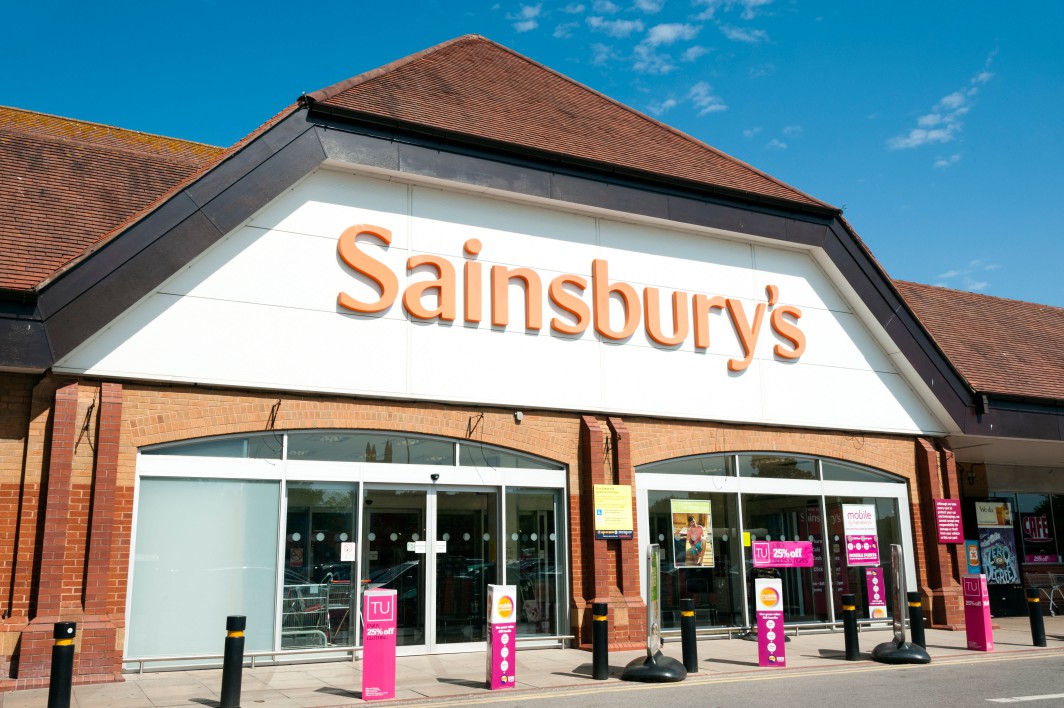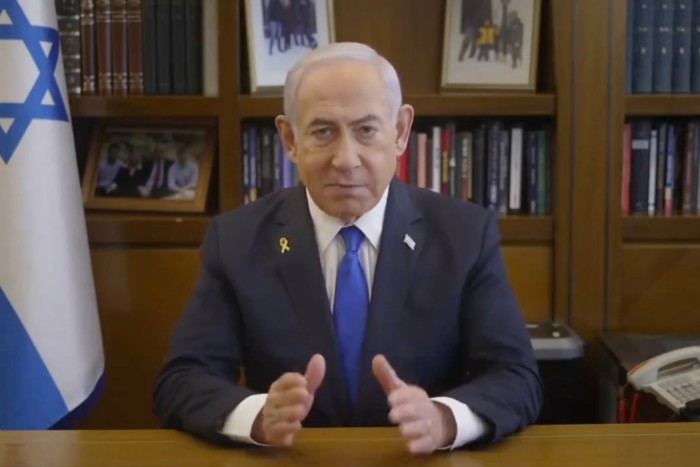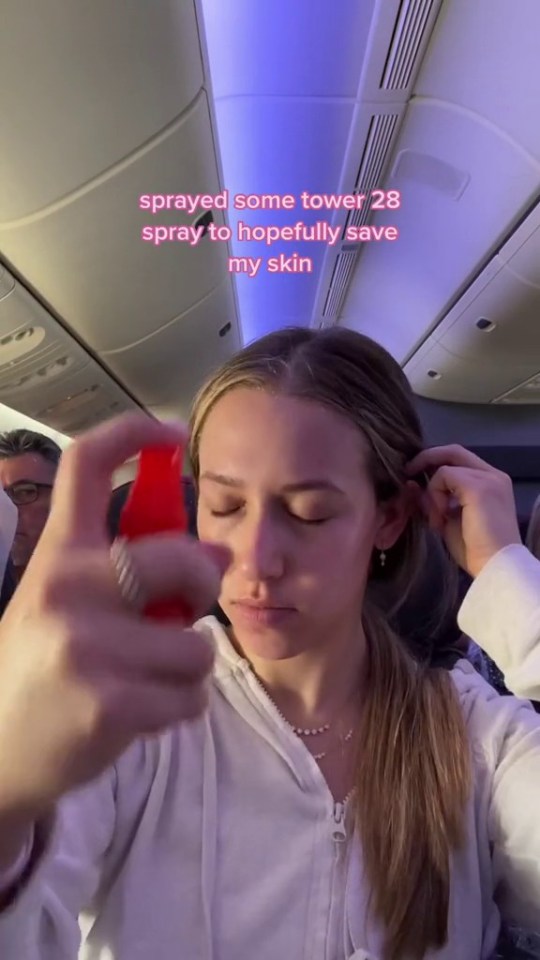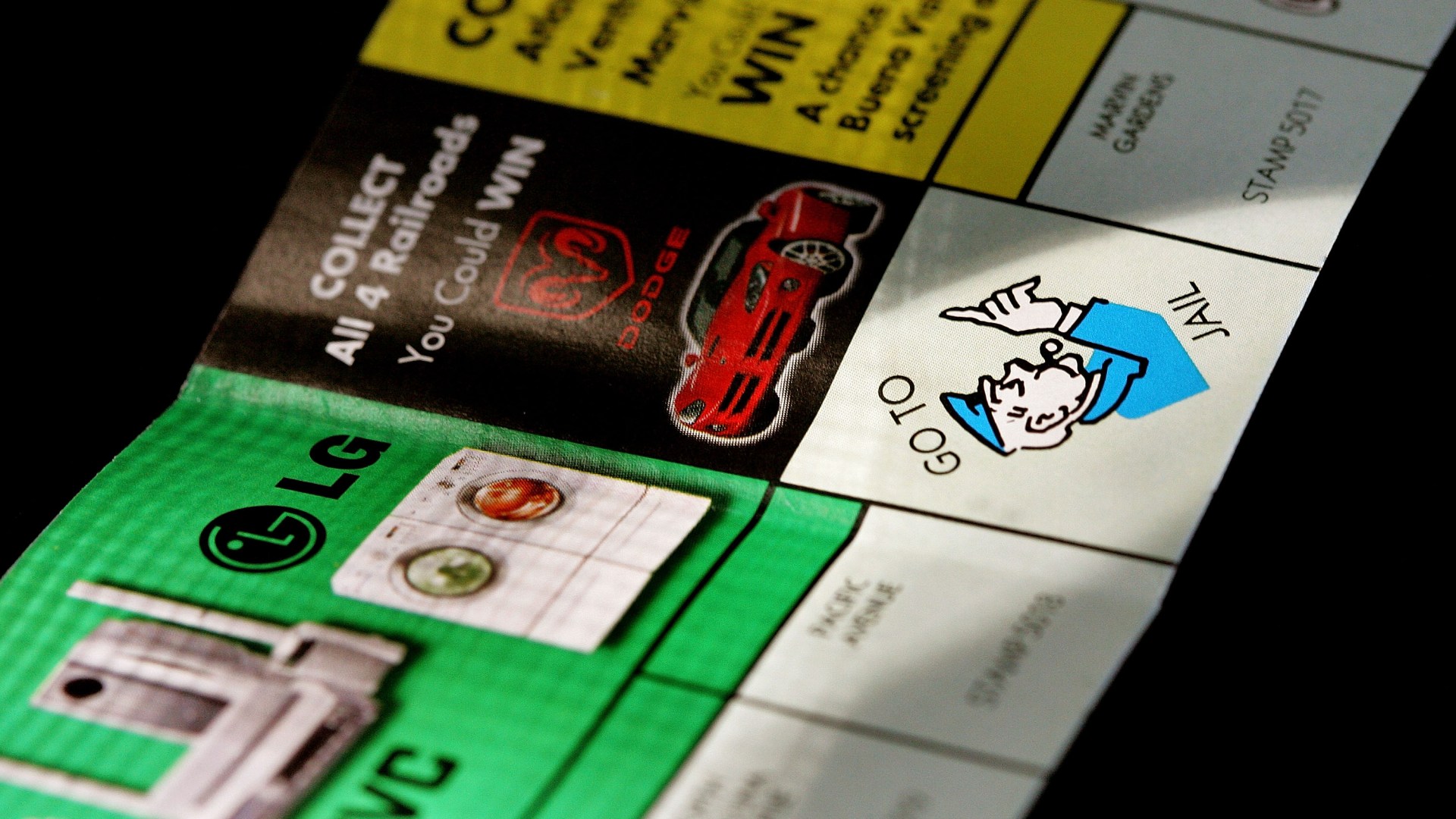The writer is president of the Inter-American Development Bank
Argentina’s history has been marked by recurrent economic crises. Breaking free from this history requires a more efficient public sector and a dynamic private sector that generates opportunities and serves as the engine for growth.
Argentina’s current government, led by President Javier Milei, has been taking decisive steps in this direction. In just seven months, it has achieved remarkable progress in restoring much needed fiscal balance by turning a primary deficit of 2.9 per cent of GDP at the end of 2023 into a surplus of 1.5 per cent of GDP by the end of August this year.
It hasn’t been straightforward. Argentina raised revenue and reduced spending by cutting subsidies, infrastructure spending, public sector wages and transfers to subnational governments, while increasing utility rates and levying special taxes.
To stay on track, public spending must become more efficient and equitable. In 2018, our estimates at the Inter-American Development Bank indicated that up to 7 per cent of GDP could be reallocated, with inefficiencies in transfers and subsidies of 3.3 per cent of GDP. It remains paramount to continue improving spending efficiency and redirecting resources to better support the most vulnerable Argentines. With that goal in mind, the IDB is working closely with the government to improve spending efficiency and strengthen social protection.
But improving Argentina’s public accounts and enhancing macroeconomic stability is only one part of the story. The ultimate objective is to create job opportunities and deliver lasting inclusive growth. This is where a partnership between a committed public sector and a vibrant private sector can be a powerful force for change.
Argentina must offer clear incentives for private sector innovation, job creation and productivity-enhancing financing. This requires a regulatory framework that promotes efficiency and attracts private investment. To this end, the Milei government has been actively streamlining a long list of regulations and controls. When the government ensures a favourable business climate, the private sector can leverage this foundation to invest and drive progress. Such an approach would enable Argentina to break free from boom-bust crisis cycles.
Argentina is uniquely positioned to benefit from the world’s growing need to address major shared challenges such as food security, among others. In fact, Argentina perfectly illustrates what Latin America and the Caribbean as a whole have to offer the world.
Argentina plays a crucial role in global food security. It is the world’s largest exporter of soyabean oil and meal, the second-largest exporter of corn, and the third-largest exporter of soyabeans. The country is also home to the world’s third-largest lithium reserves, making it a key player in the global energy transition and a main actor in the critical minerals supply chain. These opportunities, along with the government’s reform programme, should give Argentina renewed investor appeal.
Promoting sustained growth will also require tapping into new opportunities in other areas — for example, in telecommunications networks, in manufacturing and agriculture, and in the country’s potential for playing a greater role in global supply chains. Financial intermediaries such as the IDB can catalyse this momentum.
To underscore our commitment to Argentina’s progress in both the public and private sector, the IDB is supporting the country on two fronts. First, to enhance government operations in areas like spending efficiency, energy subsidies and social protection, in 2024 the IDB expects to provide Argentina more than $2.4bn in public sector loans — this includes both approved operations and forthcoming ones that we expect to submit to the IDB board for approval. The latter includes a policy-based loan currently under negotiation that aims to increase the efficiency of the tax system and improve the quality of public spending.
At the same time, the IDB’s private sector arm, IDB Invest, plans to take advantage of its new business model and capitalisation to invest in or finance more than 20 private sector projects worth $1.4bn in agribusiness, infrastructure, energy and mining over the next two years. For example, we have three lithium and copper operations across various provinces, especially in Salta.
A lasting transformation in Argentina will depend on a bold private sector that seizes these and other opportunities to create jobs and drive growth. An efficient public sector, streamlined regulations, strong social protection and a private sector that steps in and steps up, can create a virtuous cycle of stability and inclusive sustained growth. Past need not be prologue for Argentina.










































































































































You must be logged in to post a comment Login